This Friday Fave is an excerpt from Book #1 and deals with gaining a better understanding of why your teen acts the way she does.
“Troublesome traits like idiocy and haste don’t really characterized adolescence. They’re just what we notice most because they annoy us or put our children in danger.” (National Geographic, October 2011, Beautiful Brains by David Dobbs)
In a November 28, 2010, article in the Star Tribune’s Parade section entitled “What’s Really Going on Inside Your Teen’s Head,” the author, Judith Newman reveals “When my friend’s son—a straight-A student and all-around sweetheart—recently ended up in the hospital getting his stomach pumped because he went out drinking with friends for the first time and had now clue how much was too much, that is when I realized: There is just no predicting. Even for the most responsible kids, there is always that combustible combination of youth, opportunity and one bad night.” Newman goes on to explain, “Truth is, the teenage brain is like a Ferrari: It’s sleek, shiny, sexy, fast, and it corners really well. But it also has really crappy brakes.”
Researchers and scholars have been studying and writing about the adolescent and teen years for centuries. Aristotle characterized adolescents as lacking in sexual self-restraint, fickle in their desires, passionate and impulsive, fonder of honor and of victory than of money, and prone to excess and exaggeration (AC Petersen, BA Hamburg - Behavior Therapy, 1986 - Elsevier). More recently scientists and researchers have been analyzing the teenage brain in an attempt to find a scientific basis for teens’ frequent unpredictability, moodiness, carelessness, and an almost frantic desire to take risks.
Currently, there are some conflicting theories about the teenage brain. One theory states that a young adult’s brain is not fully developed until the age 25. However, Dobbs looks at recent research that sheds a slightly different view of the teenage brain. Instead of looking at the adolescent brain as an immature of a work in progress, Dobbs discusses a theory that closely resembles the principle of natural selection. The “adaptive-adolescent story,” as Dobbs calls it, “casts the teen less as a rough draft than as an exquisitely sensitive, highly adaptable creature wired almost perfectly for the job of moving from the safety of home into the complicated world outside.” B.J. Casey, neuroscientist at Weill Cornell Medical College concurs, “We’re so used to seeing adolescence as a problem. But the more we learn about what really makes this period unique, the more adolescence starts to seem like a highly functional, even adaptive period. It’s exactly what you’d need to do the things you have to do then.”
Research reveals that the when a child is six years old, her brain is already at 90 percent of its full size by and that most of the subsequent growth is the thickening of her head skull. However, between the ages of 12 and 25, ”the brain undergoes extensive remodeling, resembling a network and wiring upgrade,” according to Dobbs. During this time, the main difference between and adult and teen brain is that teens value rewards more than consequences and are thus more apt to make riskier decisions.
In a study that compared brain scans of 10-year-olds, teens and adults, while the participants played a sort of video game with their eyes, that involved stopping yourself from looking at a flickering light or “response inhibition.” It turns out that 10-year-olds fail at this almost half the time but teens, by the age of 15 could score as well as adults if they are motivated, resisting temptation 70 to 80 percent of the time. The most interesting part of this study, however, was in looking at the brain scans, the teens brains were virtually the same size as the adults but “teens tended to make less use of brain regions that monitor performance, spot errors, plan, and stay focused—areas the adults seemed to bring online automatically.” So, as it turns out, teens do understand risk, but value risk versus reward differently than adults. “In situations where risk can get them something they want, they value the reward more heavily than adults do.”
So the next time your teen does something really “stupid,” remind yourself that he is flexing his adaptive muscles. You can certainly set rules and limits on what behaviors are acceptable, appropriate and safe but know that there is more going on his brain than we may think. He will continue to push his boundaries, and according to this research, this is exactly what he should be doing.
Even though the above-mentioned principals make sense on paper, the reality of living through the adolescent and teen years with your children can be terrifying and maddening at times.
Here are a few pieces of tried and true advice that the moms I surveyed offered about managing the adolescent/teen years:
“We did (and still do) our fair share of "biting our tongue." There are so many times I want to tell them what they should do, or offer suggestions, but I think the times that we have sat back and let them make mistakes on their own have been good and have helped prepare them for the real world. I'm glad they made those mistakes while they were home with us and we could help support them.” (Mother of three children, ages 24, 22,18, married 26 years)
“My key strategy is TRUST! Trust your teenager until they prove other wise. They will respect you a lot more! I have seen parents who hover and get really involved. I have trusted my teenagers and when they get off track we re-direct, but I think they value my trust and genuinely want to hear what I have to say. It's the ‘I'm on your side’ kind of attitude.” (Mother of four children, ages 18, 16, 14, 12, married 19 years)
"I tried to allow them as much privacy as possible while also encouraging them to share as much of their lives as they were comfortable sharing. That was the only strategy I had. Fortunately, it worked. Of course, there were many difficult moments, or maybe I should say months, but generally I felt they knew what they were doing and I supported them as best I could. When the anger level rose to red, we walked away from each other, but never for too long." (Mother of two adult children, ages 42 and 40, grandmother of four, divorced)

 “The angry man should make himself like a deaf person who does not hear, and like a mute person who does not talk. If he must speak, it should be in a low voice and with words of reconciliation. Even if his heart is burning like fire, and his rage flames within him, he is capable of controlling his words.” (by Rabbi Eliezer Papo from his essay entitled "Anger")
“The angry man should make himself like a deaf person who does not hear, and like a mute person who does not talk. If he must speak, it should be in a low voice and with words of reconciliation. Even if his heart is burning like fire, and his rage flames within him, he is capable of controlling his words.” (by Rabbi Eliezer Papo from his essay entitled "Anger")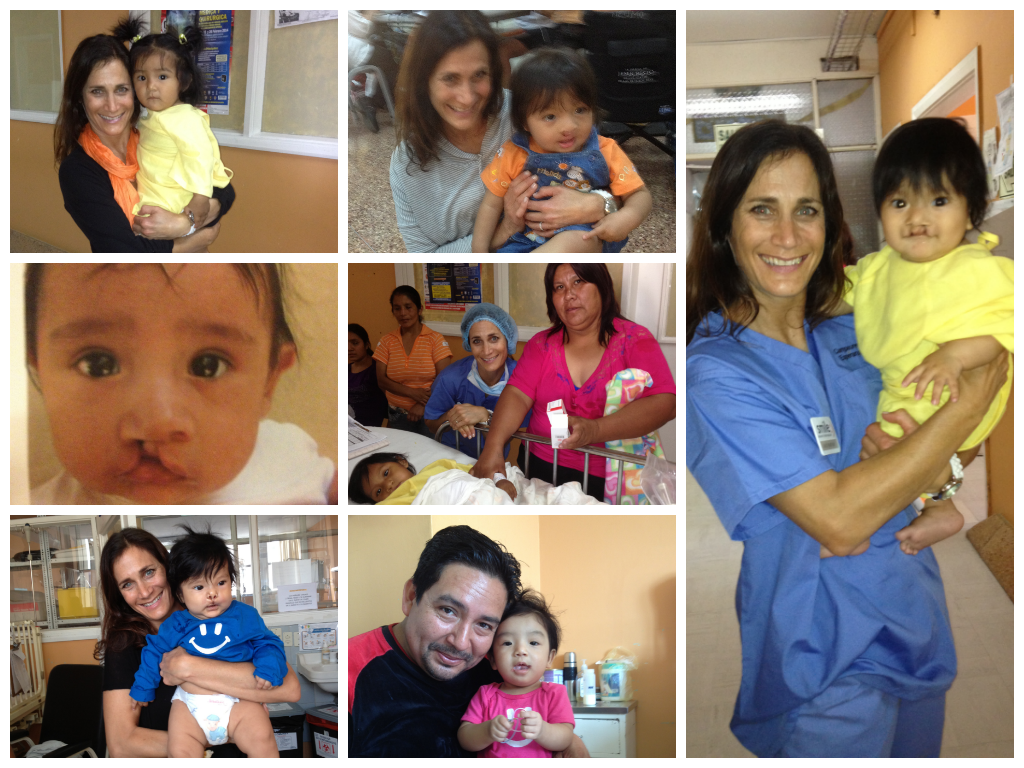
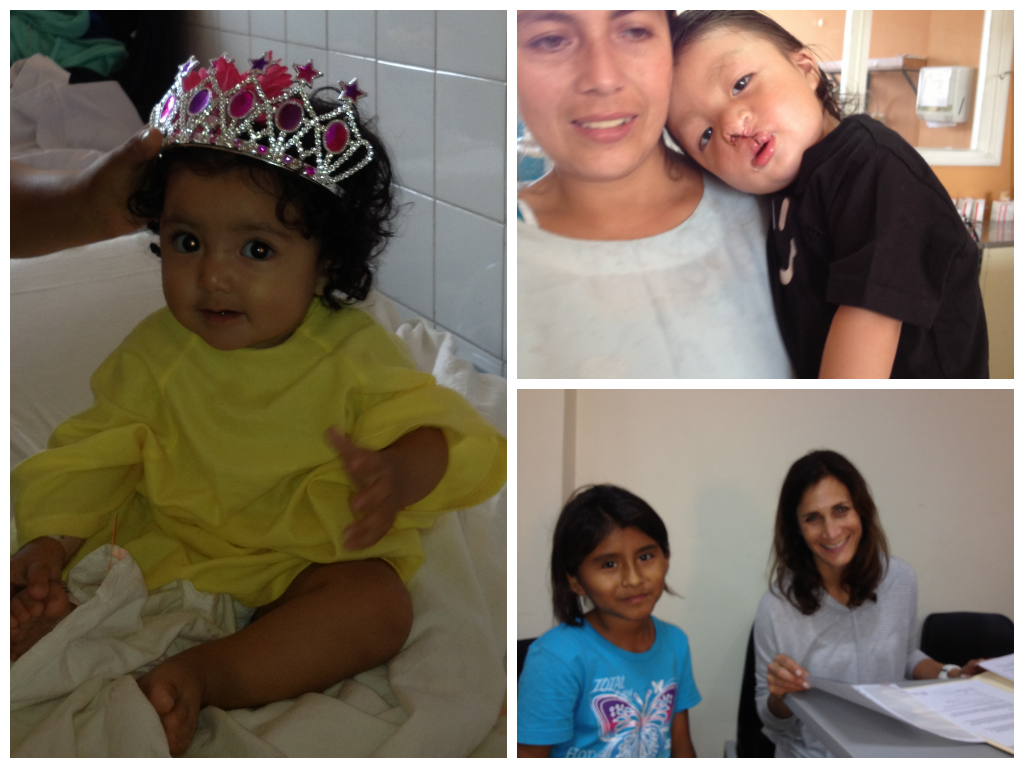
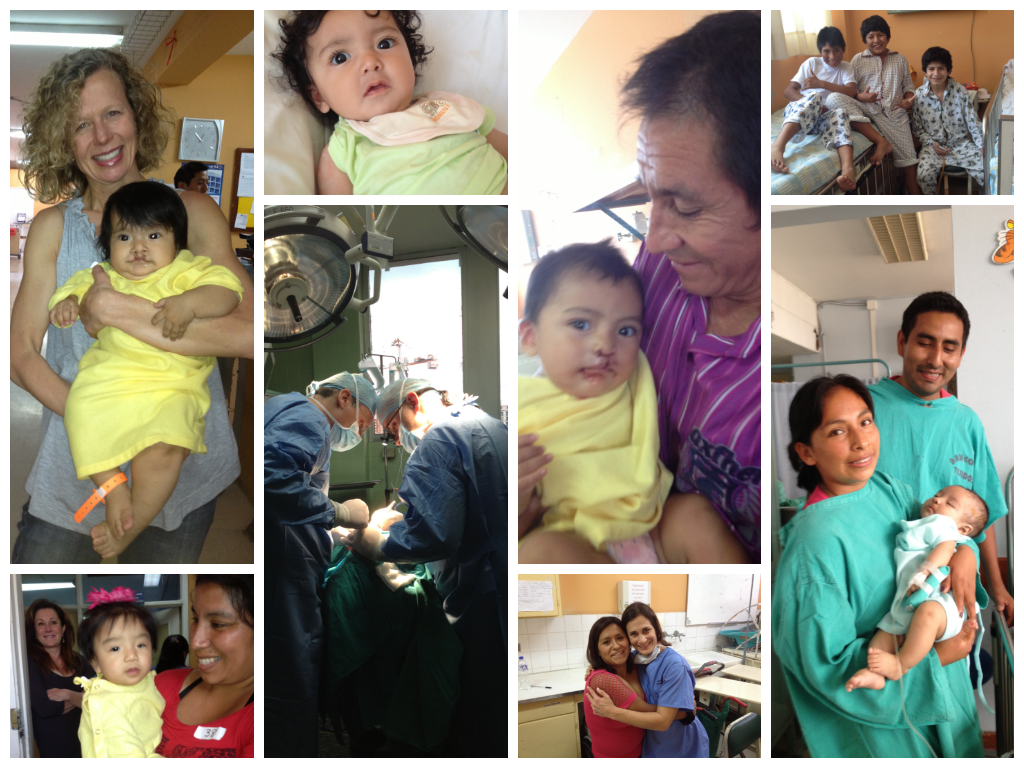
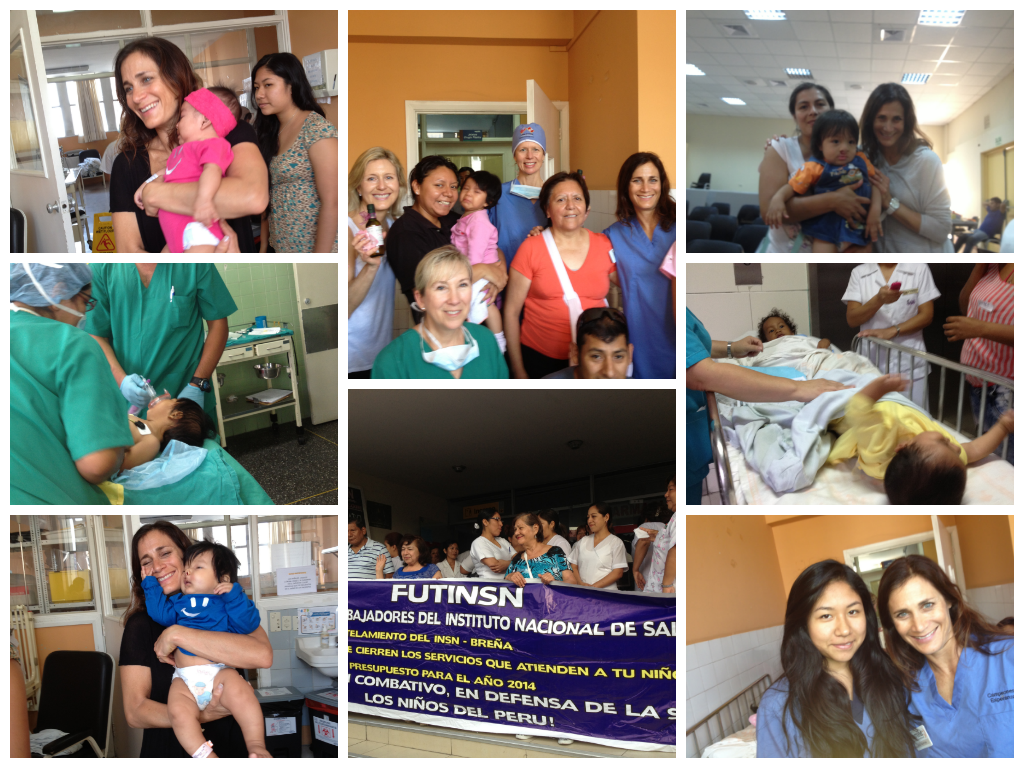
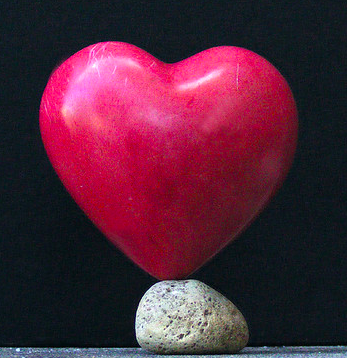
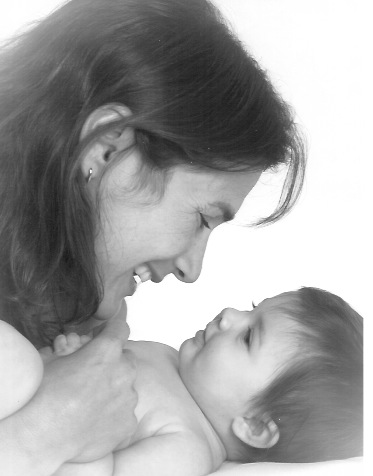

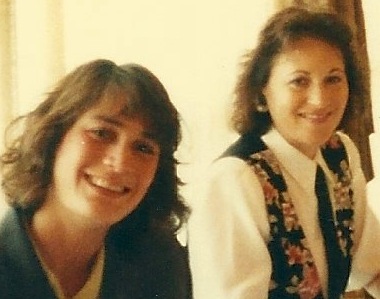 This has been an incredibly emotional and monumental week. Being a writer, there is one thing I am driven to do when my head and heart feel like they are going to simultaneously explode. For better or for worse (and I really hope it is for the better), I write. So, I broke down some of the extreme feelings that I have had over this past week into two categories and tried to make some sense out of them. I also tried to find the lessons in what I've experienced and would like to share some of my epiphanies/“ah-hah" moments with you:
This has been an incredibly emotional and monumental week. Being a writer, there is one thing I am driven to do when my head and heart feel like they are going to simultaneously explode. For better or for worse (and I really hope it is for the better), I write. So, I broke down some of the extreme feelings that I have had over this past week into two categories and tried to make some sense out of them. I also tried to find the lessons in what I've experienced and would like to share some of my epiphanies/“ah-hah" moments with you: